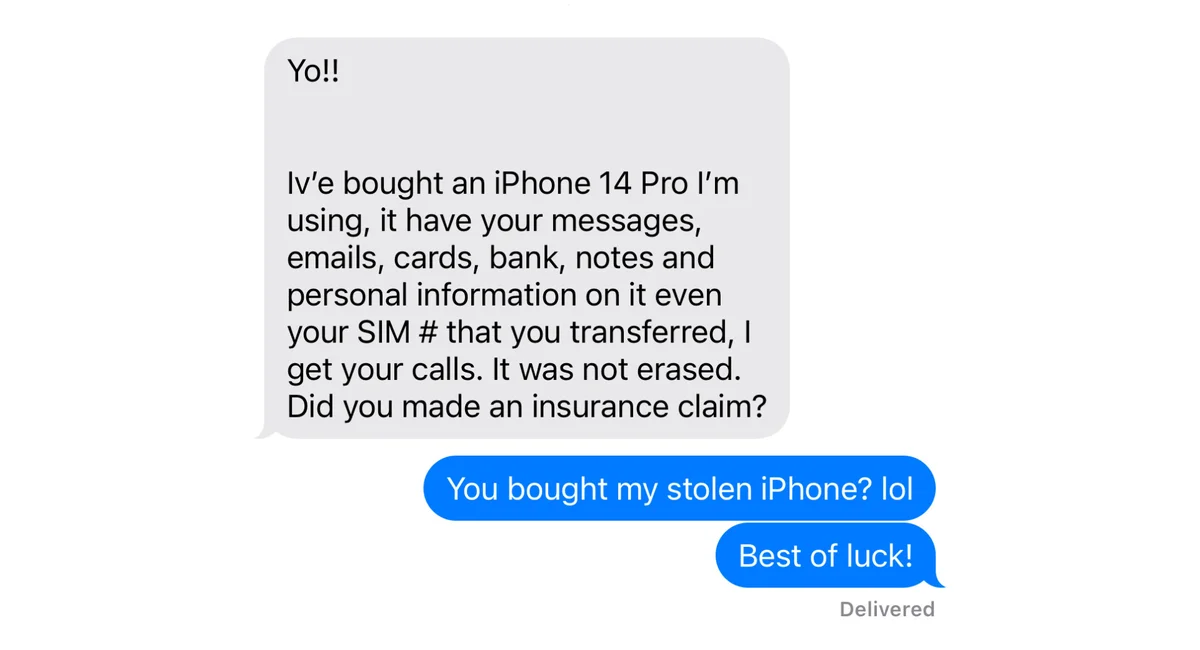- cross-posted to:
- longreads@sh.itjust.works
- cross-posted to:
- longreads@sh.itjust.works
This is a very entertaining and educational article, giving insights into the methods used by thiefs to try and get access to your phone data.
I don’t like Apple but it’s great that their security is so good when it comes to this.



Not true. iPhone can be locked down much more than it is out of the box, and it’s as simple as changing one setting. Lockdown mode, it significantly tightens down security of iOS at the cost of some convenience. It is not recommended for the average user, only if you expect to be targeted by highly sophisticated attackers.
That is always the case. If you don’t trust the company that made the hardware, there is nothing you can do. Unless you’ve got your own chip fab, there is always a level of trust involved.
It’s not really about the hardware, is it? The option you mentioned won’t enable an alternative app store, it won’t enable access to android app emulators (which would be a huge boom in the open source app offering). The level of trust iPhone users give to appeal is wildly higher that what android users that tweak their phones give the manufacturers. It is what it is, but don’t delude yourself in thinking that it’s about what they do in the kernel level, it’s about the fact that they store tons of sensitive data in their american servers and that they have an obligation to share that data with the country, and as someone from Europe that doesn’t sit well with me.
It’s about everything, that’s the point
I don’t see how that would help in any way to secure the device if you don’t trust Apple.
You either trust a company or you don’t. There is no grey area. If you don’t control the whole thing, you don’t control anything at all. A custom ROM on your Android device is not going to do anything to prevent a firmware or hardware level backdoor. Your custom ROM doesn’t improve security, on the contrary. If you unlock the bootloader you break the chain of trust and all bets are off.